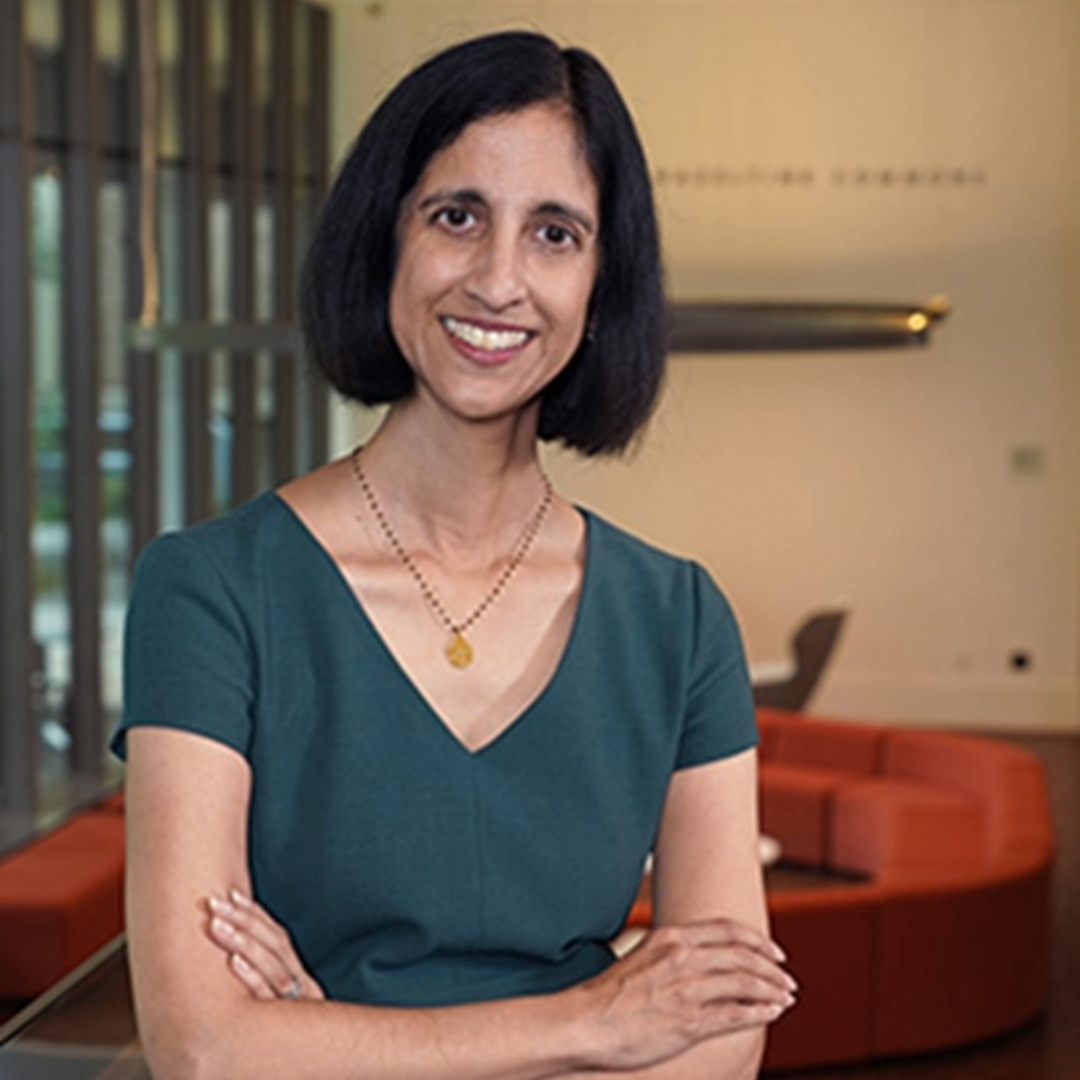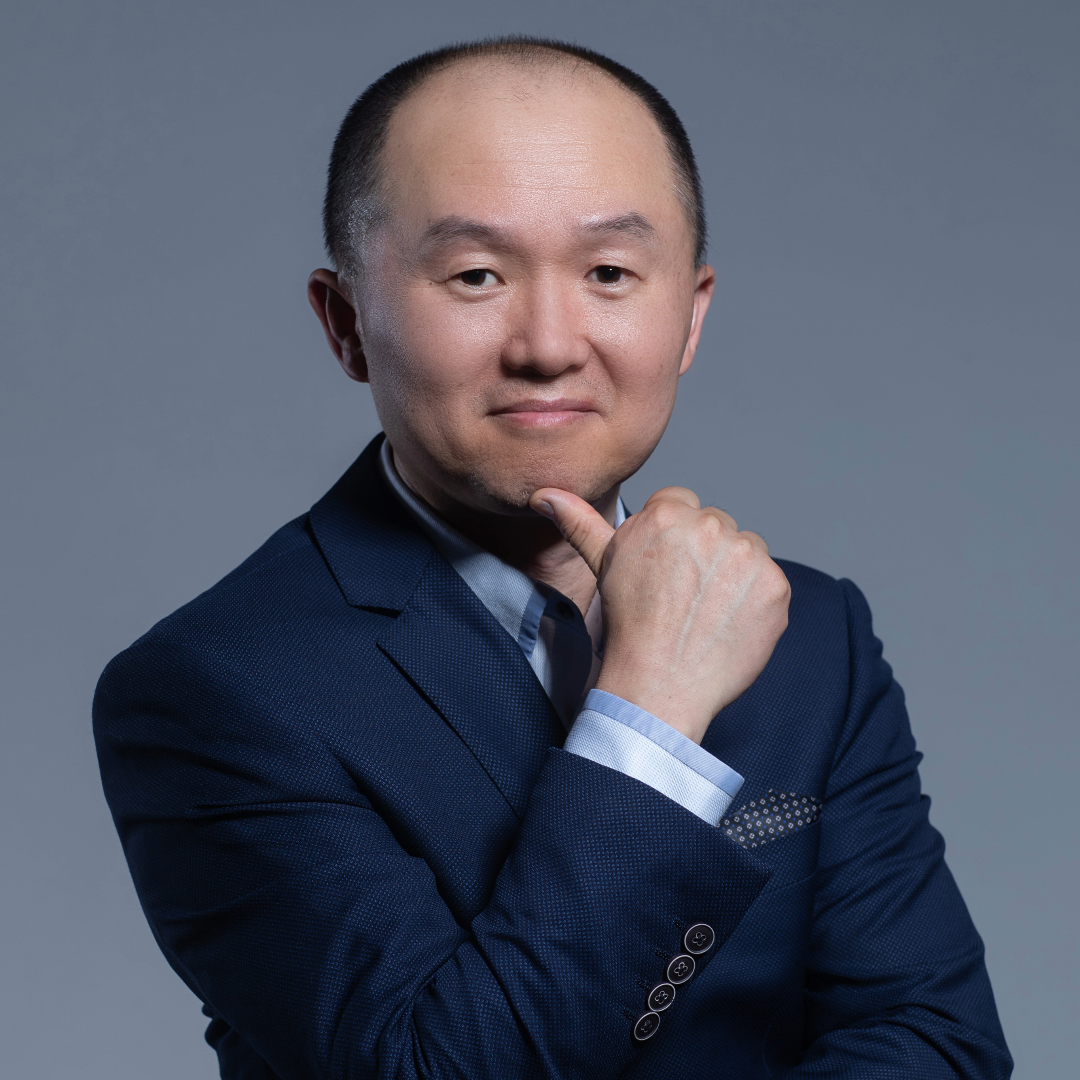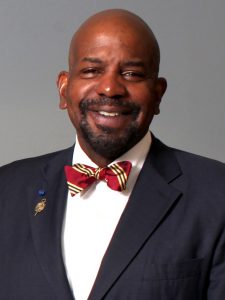Breakthrough rotator cuff treatment repairs and protects the shoulder from injury. Read the full article.
Month: September 2023
Dr. Laurencin applauds three Regenerative Engineering Scientists honored by The Biomedical Engineering Society
In the month of October, three scientists in the field of regenerative engineering will be receiving awards from the Biomedical Engineering Society (BMES). The winners are, Guillermo Ameer, Tejal Desai, and Jian Yang. Each winner will give a lecture at the 2023 BMES Annual Meeting in Seattle.
“I congratulate these three outstanding engineer/scientists who have made extraordinary contributions to Regenerative Engineering. It is wonderful to see their efforts recognized by the Biomedical Engineering Society and the biomedical community in general.,” said Dr. Cato Laurencin, CEO of The Cato T. Laurencin Institute for Regenerative Engineering at UConn, and Founder of the Regenerative Engineering Society.
Dr. Guillermo Ameer is the Director of the Center for Advanced Regenerative Engineering (CARE) at Northwestern University where he is the Daniel Hale Williams professor of Biomedical Engineering and Surgery at Northwestern University. He will be receiving the BMES Athanasiou Medal of Excellence in Translational Bioengineering Award (the Athanasiou Medal). This award recognizes achievements of an individual who has made outstanding contributions to the field of biomedical engineering with particular focus on translation.
Dr. Tejal Desai is the Sorensen Family Dean of Engineering Brown University. She will be receiving the Robert A. Pritzker Distinguished Lecture Award. This is the highest honor of the American Chemical Society. She is an accomplished biomedical engineer and academic leader who co-organized a Regenerative Engineering Society Rockstars Meeting.
Dr. Jian Yang is a Chair Professor in Biomaterials and Regenerative Engineering, and the chair of Biomedical Engineering Program at the Westlake University. He will be receiving the Wallace H. Coulter Award for Healthcare Innovation Award. This award recognizes achievements of an individual who is integrally involved in the development of a biomedical device, diagnostic test/device, or combination device drug/device in industry.
Dr. Cato T. Laurencin to Receive the Kathryn C. Hach Award for Entrepreneurial Success
The American Chemical Society (ACS) has selected University of Connecticut’s Dr. Cato T. Laurencin as the 2024 recipient of its Kathryn C. Hach Award for Entrepreneurial Success.
As the national awardee, Laurencin is recognized for his use of the transforming power of chemistry to improve people’s lives. The hallmark of this contribution is impact: positive impact on people’s lives and positive impact on the economy by creating jobs that produce a significant economic benefit.
Laurencin’s innovations in regenerative engineering and his impact on the fields of biomaterials, nanotechnology, and stem cell science have had an immeasurable impact. As the leading international figure in polymeric biomaterials chemistry and engineering, he has made not only extraordinary scientific contributions, but has contributed through innovation and invention.
In Connecticut, Laurencin was the lead faculty architect for Bioscience Connecticut. Start-up companies he has founded have led to products now on the market. He received the Connecticut Medal of Technology in recognition of his work in the state.
Nationally, Laurencin is a Fellow of the National Academy of Inventors, and the first surgeon elected to all 4 of the U.S. National Academies. He serves on the board of directors of the National Academy of Inventors and on the National Academy of Inventors Selection Committee.
He received the National Medal of Technology and Innovation, America’ highest recognition for technological achievement, from the President of the United States. In service to our nation, he serves as Vice-Chair of the National Medal of Technology and Innovation Nomination and Evaluation Committee, appointed by both the Trump and Biden administrations.
Most recently, he received the Inventor of the Year Award presented to the world’s most outstanding recent inventors from the Intellectual Property Owners Education Foundation (IPOEF). The IPOEF’s board of directors voted unanimously for him, recognizing his impact on biomaterials, nanotechnology, stem cell science, and the field of regenerative engineering.


